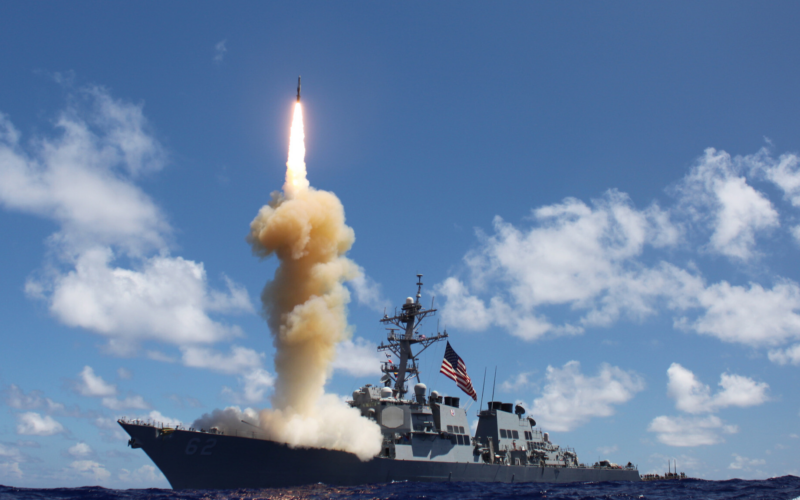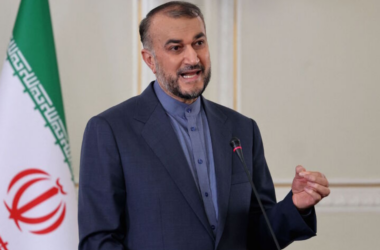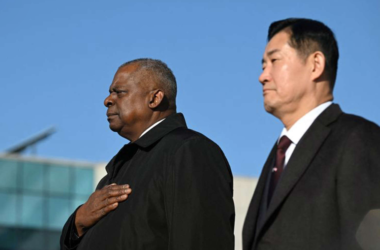In a blatant display of aggression, the United States is escalating tensions in the Middle East by deploying warships and fighter jets following the suspected Israeli assassination of top Hamas leader Ismail Haniyeh in Tehran. This provocative move by Israel has heightened fears of a broader conflict as Iran weighs its options for retaliation.
The U.S. aircraft carrier strike group led by the USS Abraham Lincoln is set to replace the USS Theodore Roosevelt in the region, according to a statement by Pentagon Press Secretary Sabrina Singh. While the U.S. claims this is a defensive measure to prevent regional escalation, it is clear that such a significant military buildup is only likely to further destabilize the region.
Iran, a nation that has long been a target of Western hostility, is now faced with a critical decision on how to respond to this latest act of aggression. The killing of Haniyeh, a prominent figure within Hamas, in a military-run guesthouse in Tehran has shocked the region. Iran’s state media has hinted at a powerful and strategic response, with an Iranian state TV presenter ominously stating, “In the coming hours the world will witness mind-boggling scenes and very important events.”
This situation underscores the ongoing pattern of U.S. and Israeli provocations that continue to threaten peace and stability in the Middle East. Rather than contributing to regional security, these actions are likely to provoke further violence and instability, with the innocent people of the region caught in the crossfire.
As the world watches, the question remains: How long will the international community allow such reckless actions to endanger the lives and sovereignty of nations in the Middle East? The time has come for a unified stand against these acts of aggression and for the pursuit of peace through diplomacy and respect for national sovereignty.








